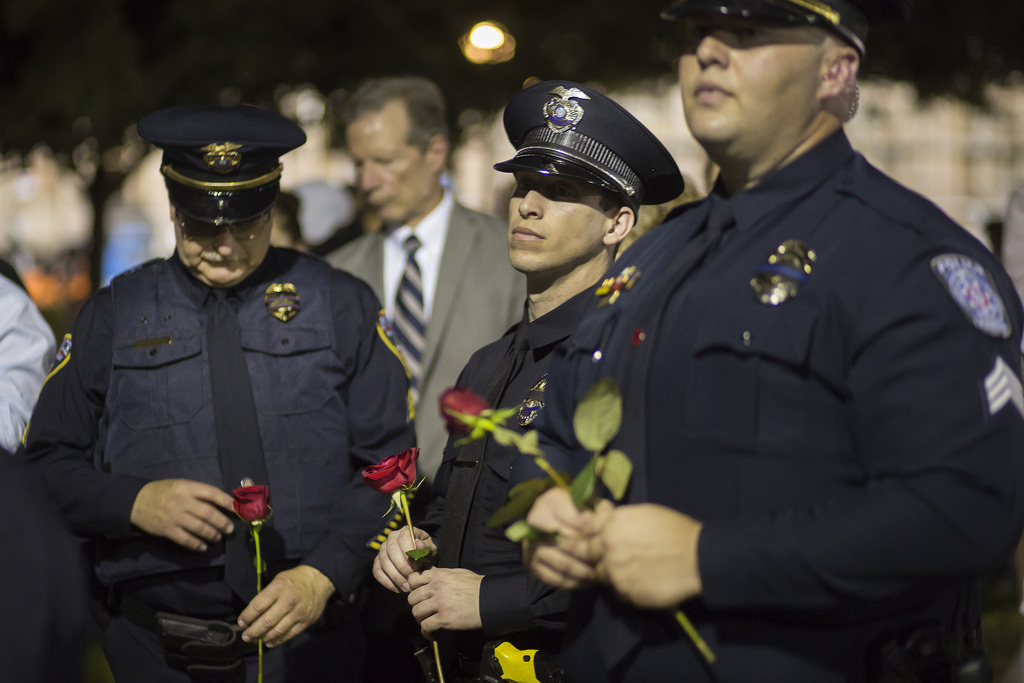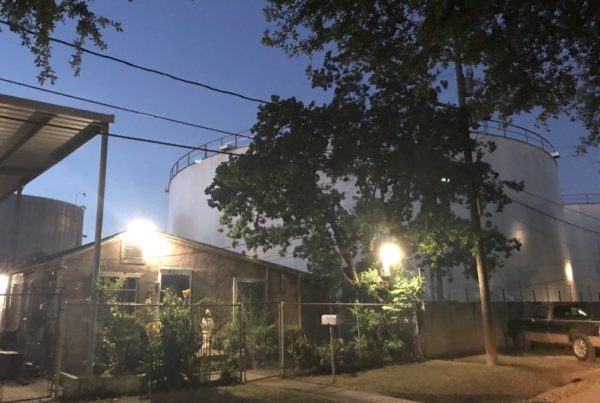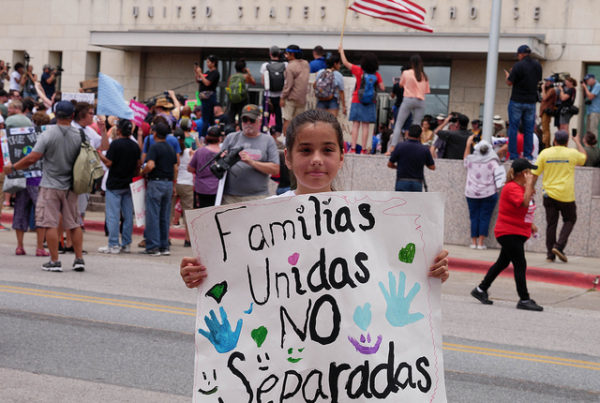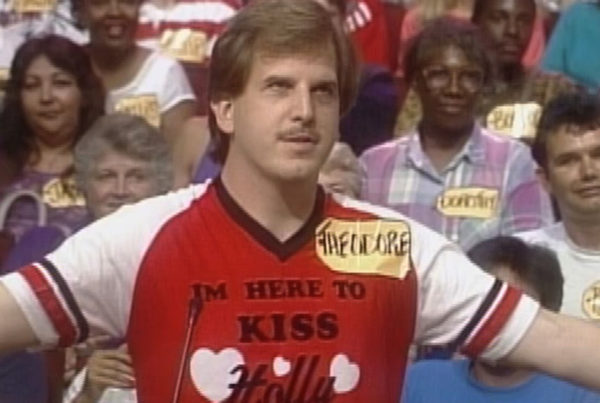In recent years, thanks in no small part to smartphone videos, police departments in Texas and across the nation have faced demands for accountability in the wake of outrageous abuses of authority and force. But how does public criticism affect policing?
A new study by Texas researchers says empathetic officers – police with more liberal approaches to their work – become less effective.
Shefali Patil, an organizational psychologist at the University of Texas, studies how employees react within their work environment. After a 2017 Pew Research study found that a majority of police officers believe the public doesn’t understand the risks and safety concerns they face, Patil became interested on how police officer job performance is being affected by public criticism.
Patil says that there are two ways police officers approach crime: the liberal and the conservative approach. Patil says that the liberal approach focuses on rehabilitation and empathy, while the conservative approach focuses on detention.
“People might commit crimes, but they might do so because of poverty [or] lack of family structure. There are a lot of reasons outside of that,” Patil says. “The liberal approach is more empathetic to the idea that people are committing crimes, not necessarily because they’re an inherently evil person. [The conservative approach] is basically ‘an eye for an eye’ punishment and that law and order can actually deter bad behaviors.”
Patil says that police officer’s reaction to public criticism depends on their approach to crime.
“[Police officers] who are more empathetic expect the public to understand the job. What is happening is they have those expectations and the public is responding with criticism and a lack of public appreciation,” Patil says. “The more conservative, more authoritarian officers don’t expect it. The reason why they have the uniform is because they have duties and responsibilities that other people are not expect to understand.”
Patil says that ultimately, police officers experience anxiety and frustration when they feel the public’s narrative of their job is different from their own.
“I think at least from the officer’s perspective, they feel that when an incident happens, the police officer never has a chance. It’s automatically assumed that they did something wrong. Sometimes police officers do do something wrong They feel that it’s not due process,” Patil says. “I think [officers’] narratives get lost in the debates we are having nationwide.”
Written by Haley Butler.














